Common Words and Phrases That Have Seriously Racist Roots
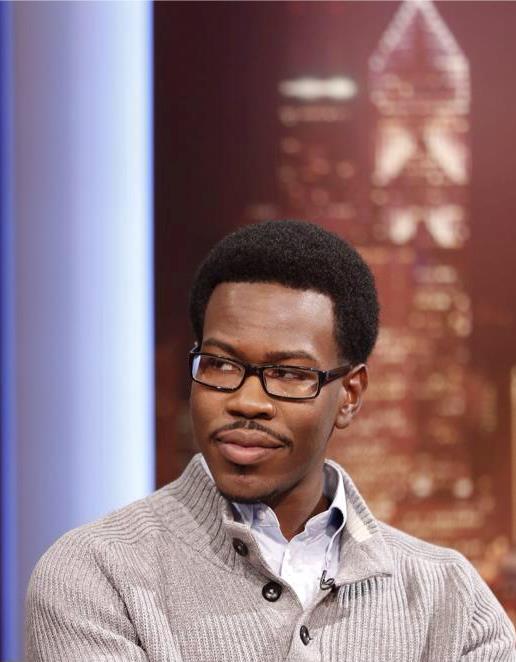
By:
Watch the words that come out your mouth — they just might have an unsavory history you don't know about or insinuate offensive things you don't mean.
As it turns out, some words have roots in bigotry and racial oppression, while others have grown more problematic over time.
Here are 10 commons things people say that are that have a loaded meaning.
1. Thug
Thug refers to a violent person or criminal, but it often takes on a racist connotation in the media and political rhetoric. Outspoken NFL star Richard Sherman has said, along with scholars and activists, that the word "thug" has evolved into a socially acceptable way of calling somebody the N-word, especially since unruly white youth and men rarely get slapped with the label like their black counterparts do. NPR host Melissa Block discussed the word thug last year with John McWhorter, a professor of English and comparative literature at Columbia University. The conversation touched on protests across Baltimore, a city where most protestors and a majority of residents were black.
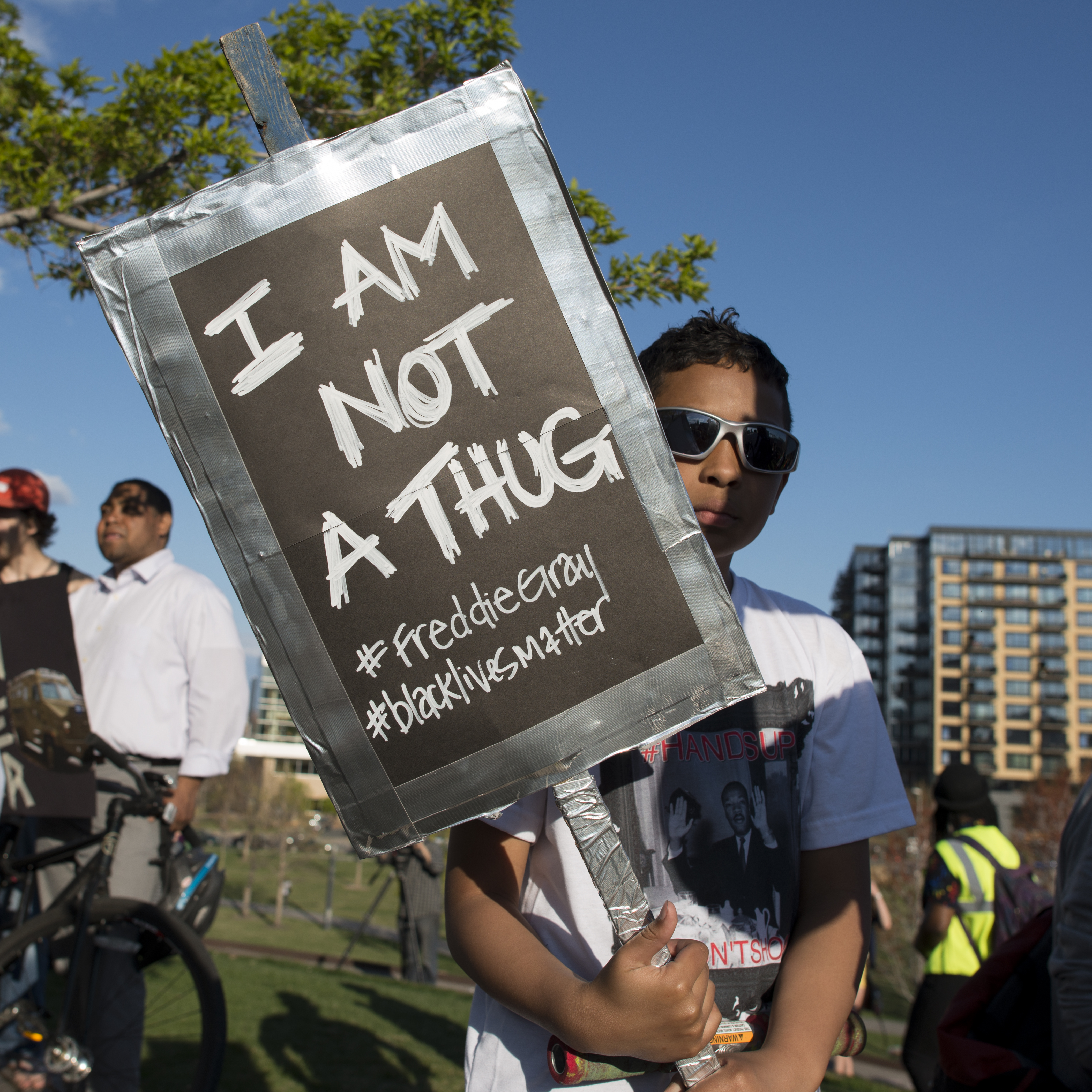 Fibonacci Blue
Fibonacci Blue
"When somebody talks about thugs ruining a place, it is almost impossible today that they are referring to somebody with blond hair," McWhorter told the host. "It is a sly way of saying there go those black people ruining things again. And so anybody who wonders whether thug is becoming the new N-word doesn't need to. It's most certainly is."
"BLOCK: You're saying that African-American, in this case, politicians, who use the word thug should be given a pass because they understand it in a different way? I mean, the mayor certainly walked back her use of the word. She didn't want to be associated with it. She said, you know, I spoke out of frustration. They're really misguided young people.
MCWHORTER: [...] I think that if an African-American woman uses the word thug today, we're not always conscious of all of these overtones in the words that we use. But I think that when she said that, she didn't mean it the same way as her white equivalent would. The word means two things, just like the N-word. And I think all of us are sophisticated enough to wrap our heads around that."
2. Gypsy and gyp
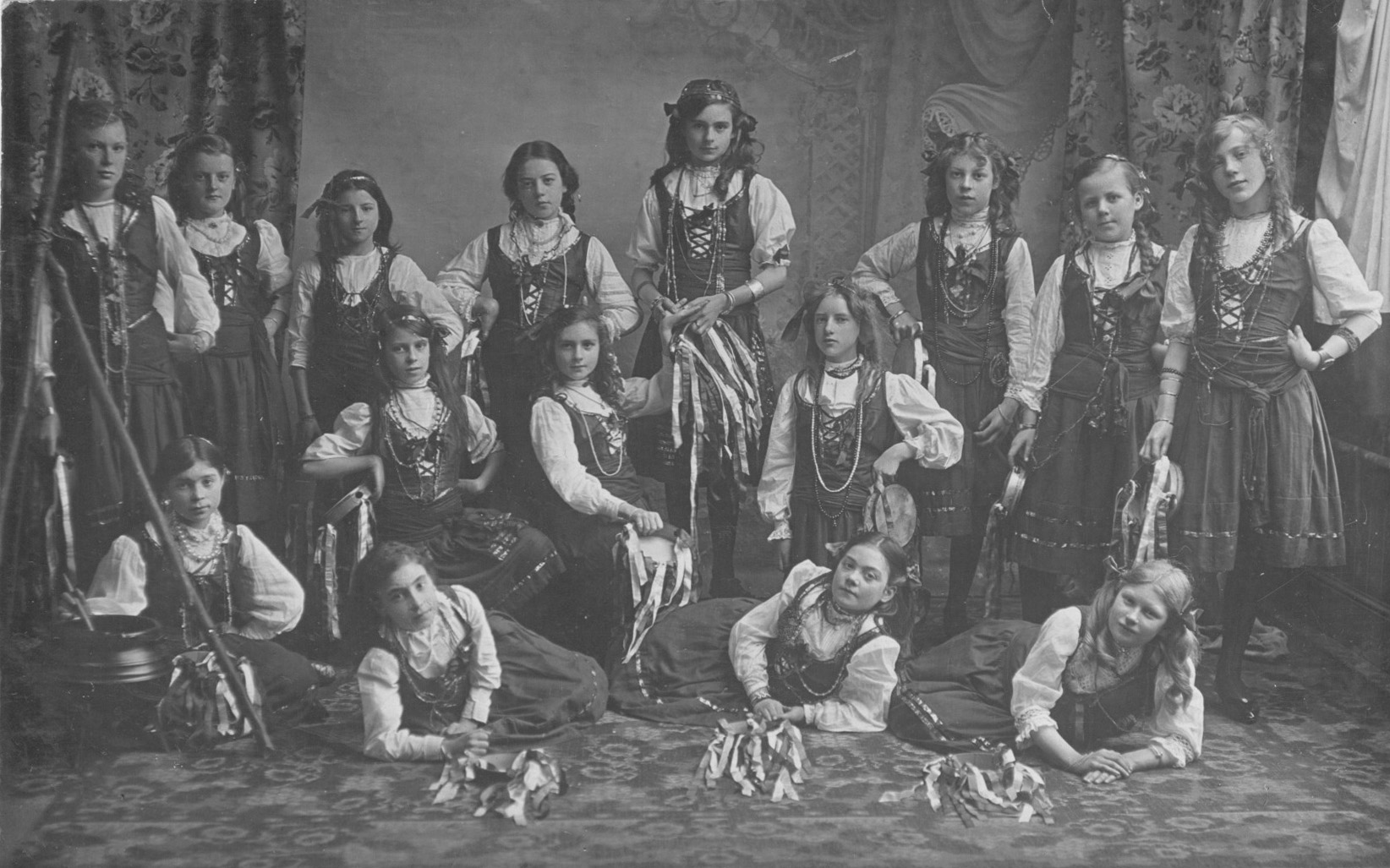 Sam Salt/Flickr
Sam Salt/Flickr
The Roma people are an ethnic group likely descended from Northern India that has a history of forced migrations. The Roma have suffered persecution and marginalization for centuries. Victims of enslavement in Romania, genocide at the hand of Nazis, forced sterilizations in Scandinavia and other recent cases of injustice, they have survived oppression across the world. The word gypsy, a commonly used term for the Roma people that some people use to describe free-spirited or nomadic personalities, is wedded to stereotypes painting them as "thieves, rowdies, dirty, immoral, con-men, asocials, work-shy," according to the Council of Europe. The human rights organization states that the word "gyp," derived from gypsy means to cheat or con.
Despite the word's popularity, Gypsy was originally an exonym, "a name used by foreigners to refer to a people or social group," that the group doesn't use to describe itself. The word gypsy also likely comes from Europeans who centuries ago mistook the Roma for Egyptians because of their dark skin and hair.
But today more and more people see the word and its derivative "gyp" as a racist slur.
3. Grandfather Clause
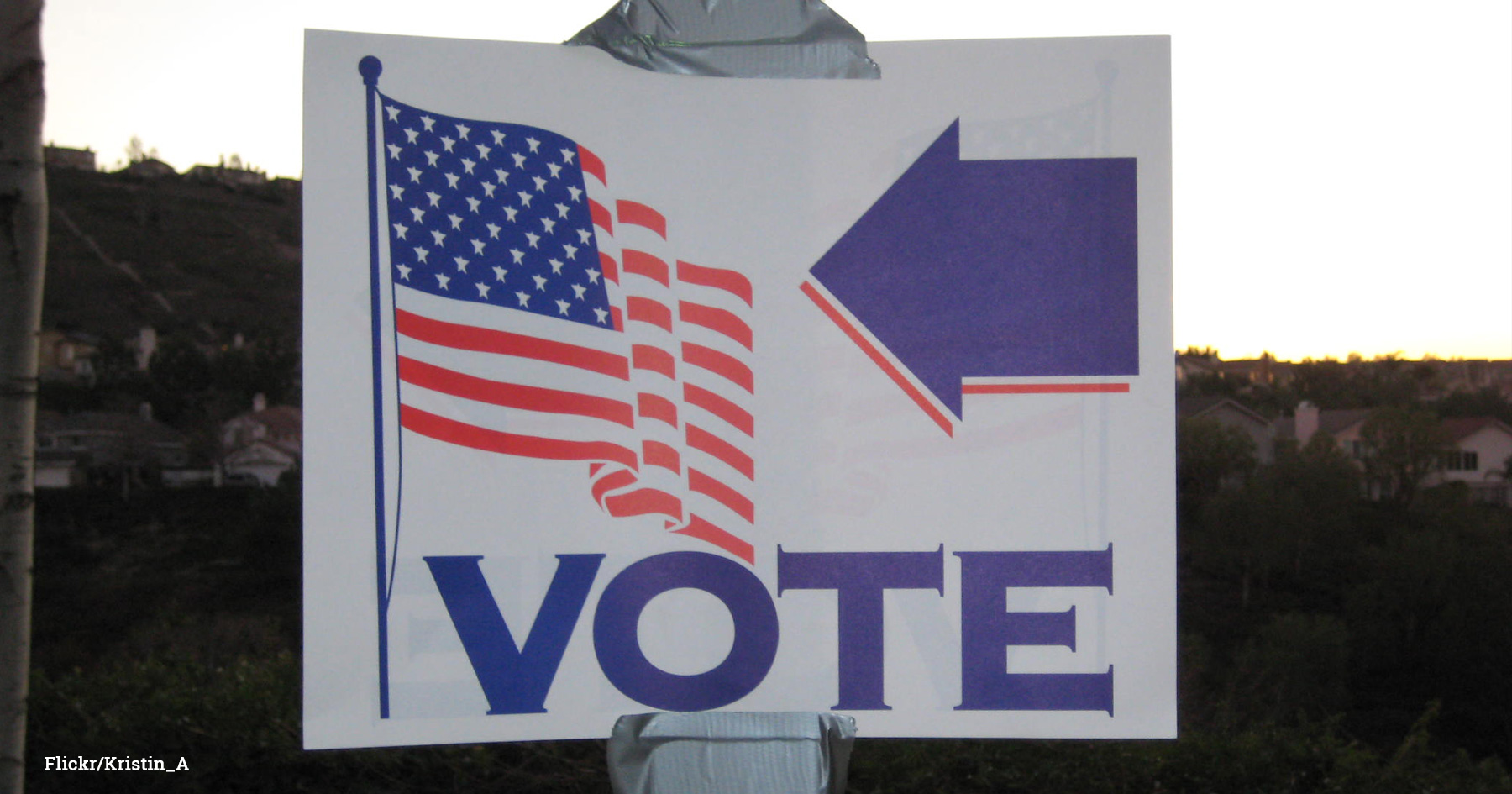 Flickr/Kristin_A - flic.kr
Flickr/Kristin_A - flic.kr
The idea of a grandfather clause usually means that a person or entity is allowed to continue operating under old rules that were in place, but that going forward everyone else will have to abide by new rules. Let's say a building is rezoned from a business use to a residential use, and while existing businesses won't be kicked out all future tenants have to use the building as a residence.
Yet, as the Encyclopedia Britannica explains, the grandfather clause was born from a racist post-Reconstruction political strategy:
It provided that those who had enjoyed the right to vote prior to 1866 or 1867, or their lineal descendants, would be exempt from educational, property, or tax requirements for voting. Because the former slaves had not been granted the franchise until the adoption of the Fifteenth Amendment in 1870, those clauses worked effectively to exclude black people from the vote but assured the franchise to many impoverished and illiterate whites.
4. No Can Do
 Santa Fe Relocation Services/Flickr
Santa Fe Relocation Services/Flickr
The phrase was originally a way to mock Chinese people, according to Oxford Dictionaries.
The widespread use of the phrase in English today has obscured its origin: what might seem like folksy, abbreviated version of I can’t do it is actually an imitation of Chinese Pidgin English. The phrase dates from the mid-19th to early-20th centuries, an era when Western attitudes towards the Chinese were markedly racist.
5. Welfare Queen
The Gipper is responsible for popularizing an archetype of poor black women on welfare that in his failed 1976 presidential campaign was integral to his arguments for welfare reform. Paul Krugman of The New York Times delved into the "welfare queen" mythology in a 2007 opinion piece.
As Thomas and Mary Edsall put it in their classic 1991 book, Chain Reaction: The impact of race, rights and taxes on American politics, "Reagan paralleled Nixon’s success in constructing a politics and a strategy of governing that attacked policies targeted toward blacks and other minorities without reference to race — a conservative politics that had the effect of polarizing the electorate along racial lines."
Thus, Reagan repeatedly told the bogus story of the Cadillac-driving welfare queen — a gross exaggeration of a minor case of welfare fraud. He never mentioned the woman’s race, but he didn’t have to."
Kaaryn Gustafson, author of "Cheating Welfare: Public Assistance and the Criminalization of Poverty," told CNN that the welfare queen is "one of those persistent symbols that come up every election cycle...This image of the lazy African-American woman who refuses to get a job and keeps having kids is pretty enduring. It's always been a good way to distract the public from any meaningful conversations about poverty and inequality."
6. Sold Down the River
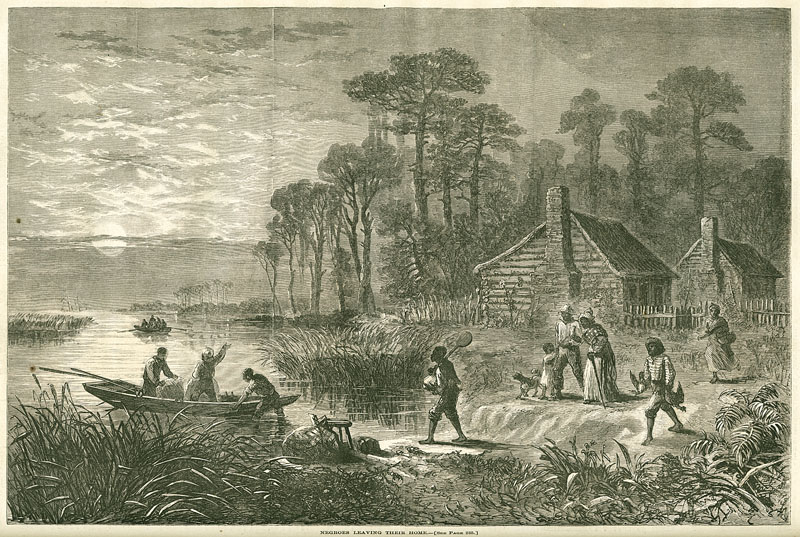 Harper's Weekly/Mariner's Museum - si.edu
Harper's Weekly/Mariner's Museum - si.edu
Saying somebody sold you down the river usually means they betrayed you in a major way. But in American slavery, the term had implications that were quite literal, NPR reported.
"River" was a literal reference to the Mississippi or Ohio rivers. For much of the first half of the 19th century, Louisville, Ky., was one of the largest slave-trading marketplaces in the country. Slaves would be taken to Louisville to be "sold down the river" and transported to the cotton plantations in states further south.
For slaves, getting sold down the river often meant being torn from their family. And "Once a family member was sold and taken to the Deep South, they became almost impossible to locate or contact," according to University of North Carolina at Chapel Hill Libraries.
7. Shuck and Jive
The term has roots in slavery-era slang, according to the Online Etymology Dictionary, which states that black slaves "sang and shouted gleefully during corn-shucking season, and this behavior, along with lying and teasing, became a part of the protective and evasive behavior normally adopted towards white people in ‘traditional’ race relations.” Sarah Palin is one of several politicians and public figures who have been bashed for using this term in talking about Obama.
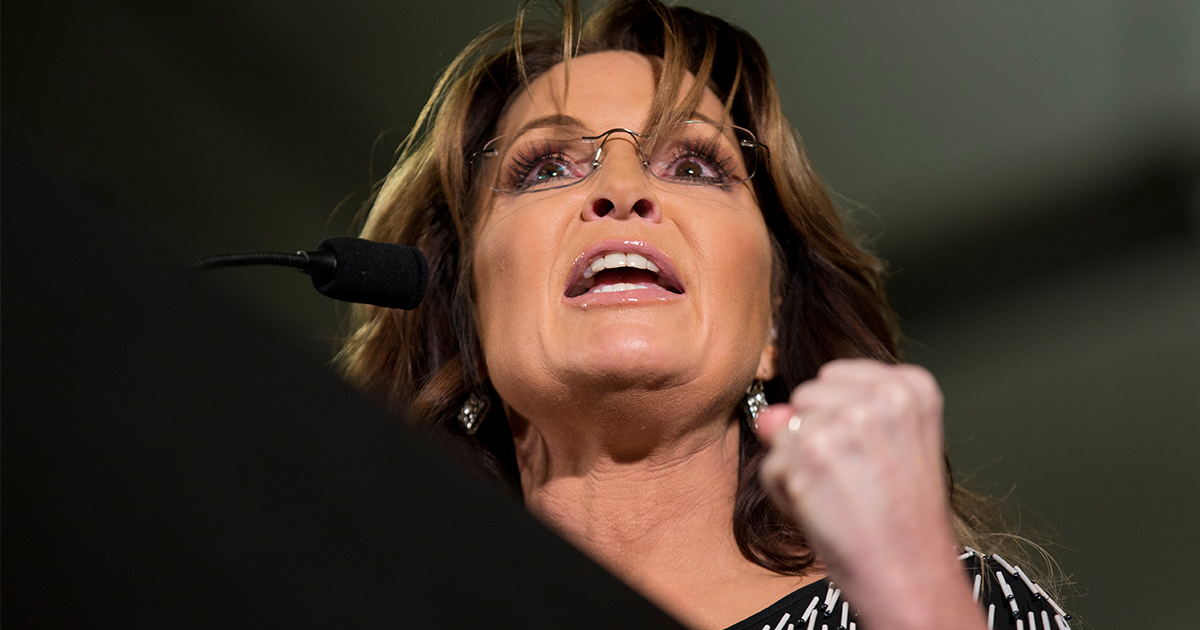 AP Photo/Mary Altaffer - apimages.com
AP Photo/Mary Altaffer - apimages.com
In 2012, Palin accused Obama in a Facebook post of being dishonest about the Benghazi scandal.
 Sarah Palin/Facebook - facebook.com
Sarah Palin/Facebook - facebook.com
In 2008, Roland Martin weighed in on the term "shuck and jive" after Andrew Cuomo, then New York Attorney General now Governor of New York, used the words in reference to Obama.
“Shucking and jiving” have long been words used as a negative assessment of African Americans, along the lines of a “foot shufflin’ Negro.” In fact, I don’t recall ever hearing the phrase used in reference to anyone white. According to a story in Newsday, “The 1994 book ‘Juba to Jive, a Dictionary of African-American Slang,’ says ‘shuck and jive’ dates back to the 1870s and was an ‘originally southern 'Negro' expression for clowning, lying, pretense.’" There is a such thing as political correctness gone mad, with folks being too sensitive. But it’s also about respect. And America’s long racial and sordid history still has ramifications today.
8. Uppity
Uppity was something white southerners used to call black people who behaved as if they didn't know their place in the racial hierarchy — which was below white people.
Republican Rep. Lynn Westmoreland used uppity describe Barack and Michelle Obama before they moved into the White House.
"Just from what little I've seen of her and Mr. Obama, Senator Obama, they're a member of an elitist-class individual that thinks that they're uppity."
9. Peanut Gallery
As the staff of The Root writes, this isn't "just a dismissive term for hecklers or critics":
You’ll probably never use this phrase in reference to a group of black people again once you know its history. It originally referred to the balconies of segregated theaters, where African Americans had to sit. (Why “peanut”? Apparently, peanuts were introduced to America during the slave trade and thus became associated with blacks.)
10. Long Time No See
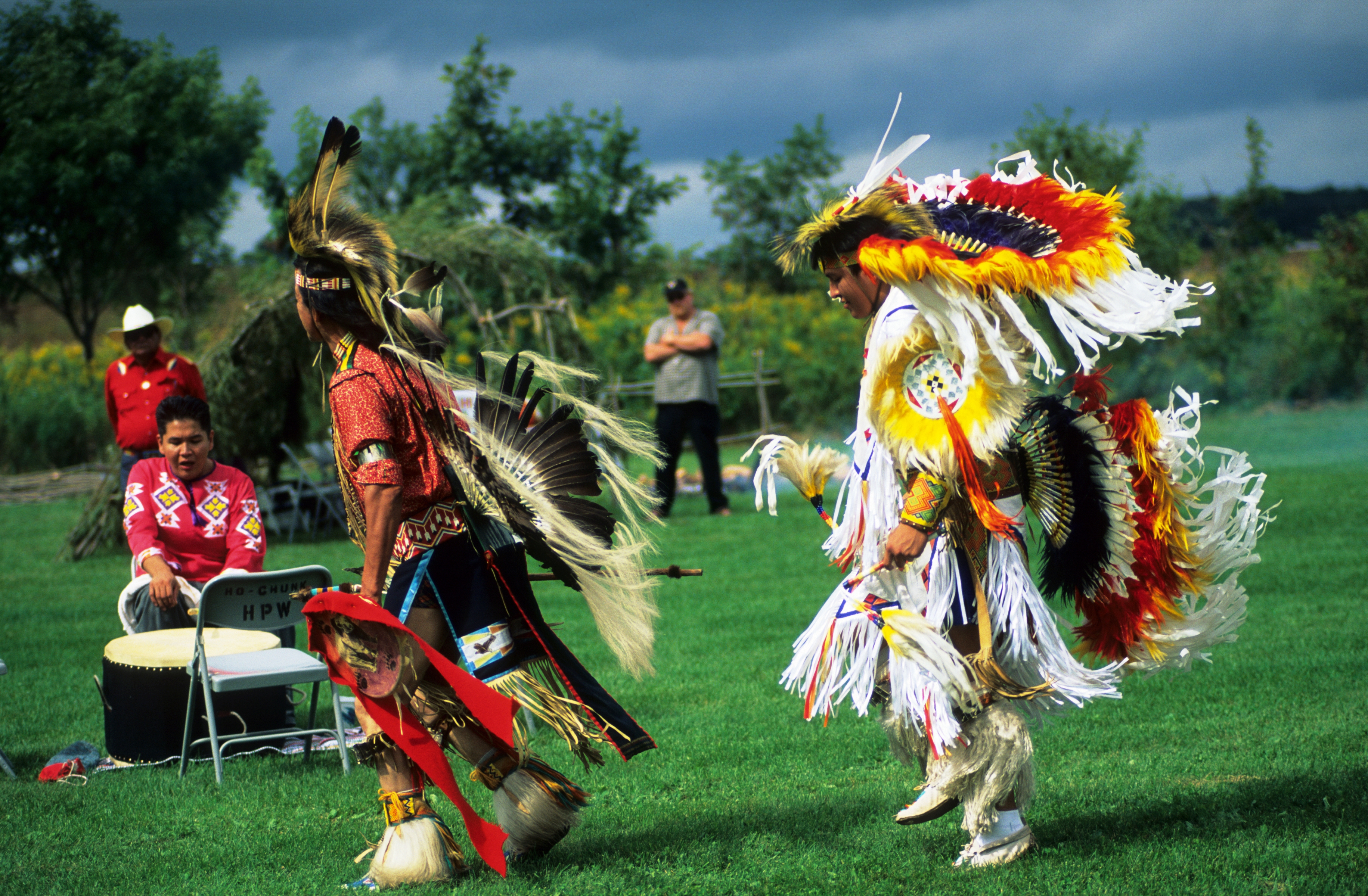 Wisconsin Department of Natural Resources
Wisconsin Department of Natural Resources
The phrase was once used to mock Native Americans, according to Oxford Dictionaries:
...long time no see was originally meant as a humorous interpretation of a Native American greeting, used after a prolonged separation. The current earliest citation recorded in the Oxford English Dictionary (OED) comes from W.F. Drannan’s book Thirty-one Years on Plains (1901): ‘When we rode up to him [sc. an American Indian] he said: ‘Good mornin. Long time no see you’.
